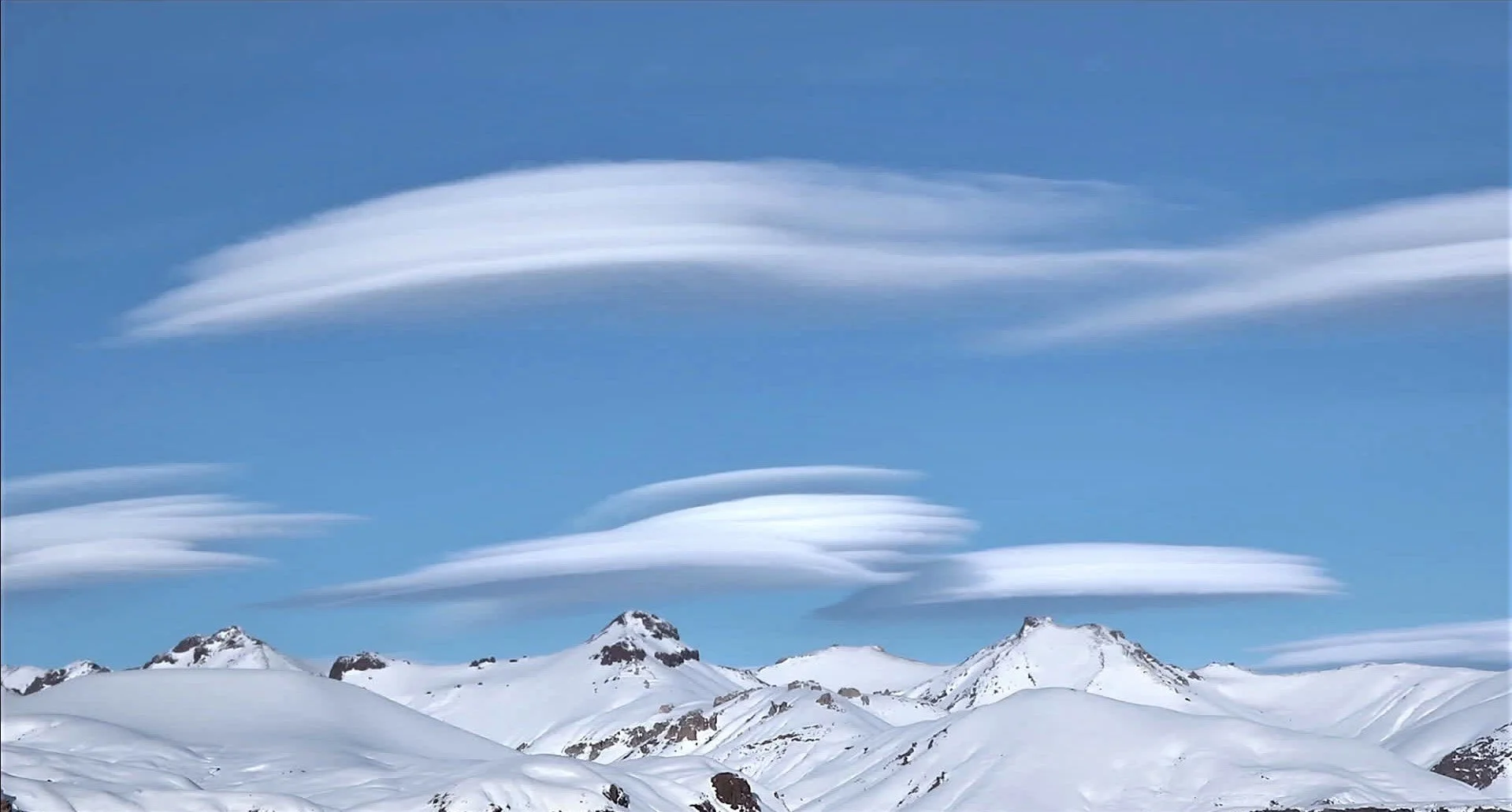The Cordillera of Dreams
In his passionate and award-winning documentary, Patricio Guzmán focuses on Chile once more.
Patricio Guzmán was born in Santiago and is a Chilean patriot of the most honourable kind. Threatened as he was when Pinochet came to power, he opted to leave Chile and has now lived away from it ever since. But throughout that time this talented director, one blessed with a great eye for the visual, has devoted himself to making films centred on his country's history. His aim throughout has been to expose the full horrors and failings that have been so prevalent in Chile for so much of his lifetime (Guzmán was born in 1941 and is now 81 years old).
The Cordillera of Dreams made in 2019 has widely been seen as a companion piece to the highly regarded Nostalgia for the Light (2010) and The Pearl Button (2015) thus creating a trilogy. But, as the title indicates, this time around the location is the cordillera, those mountain ranges which near to Santiago are known as the Andes. It's a setting that allows for some great images with Samuel Lahu proving himself a worthy successor to Katell Djian who photographed the other two films. Here, however, there is less emphasis on exceptional pictures and more time is devoted to talking heads. Guzmán calls on a range of intelligent, thoughtful artists including two sculptors, a writer and a singer as well as a volcanologist. He encourages them to talk about the Cordillera, its significance and its nature which, given the many layers that exist beneath its surface, is presented as a metaphor for the past of Chile itself.
Inevitably this talk leads on to discussion of Chile during the Pinochet dictatorship and also subsequently and, while all the voices count, Guzmán give a special place to the photographer Pablo Salas and incorporates much footage by Salas in this film. Salas, who is himself seen here, is somebody whose viewpoint is comparable to Guzmán’s but, despite all the risks and restrictions, he was somebody who chose not to exile himself but to remain in Chile recording all that he could of what happened there under Pinochet. It is by no means impossible that Guzmán feels that Salas was the nobler man. Be that as it may, The Cordillera of Dreams is in part a heartfelt tribute to him.
But, for all the emphasis on the period when Pinochet was in power and important as that material continues to be, the most striking aspect of Guzmán's film is the extent to which he asserts that so much from that time is unchanged. Chile may no longer be a country of deaths and disappearances but the economic system that is in place favours the rich and exists at the expense of the poor and there are still protesters on the streets likely to be met by resistance from the military. This is an impassioned plea for change charged with the hope that Chile might one day restore the good way of life that Guzmán remembers from his childhood.
For all its qualities The Cordillera of Dreams is a less than perfect film. In Nostalgia for the Light one felt that Guzmán failed to fuse fully material which featured an astronomical telescope in the Atacama desert with footage about the buried bodies of the disappeared being uncovered. Here the archaeological history of the Cordillera links rather more closely with the political history which is central but it is still less than a wholly natural fit. It feels even more forced when Guzmán chooses to muse on what the rocks of the mountain would say if they could give spoken witness. Indeed, there may be a metaphorical connection here but it feels stretched. However, that is not a major flaw: this is a film to respect and one fully worthy of its creator who unveiled yet another work about the state of things in Chile at this year’s Cannes Film Festival, My Imaginary Country.
Original title: La cordillera de los Sueños.
MANSEL STIMPSON
Featuring Pablo Salas, Francisco Gazitúa, Vicente Gajardo, Javiera Parra, Jorge Baradit, Alvaro Amigo, Guillermo Muños.
Dir Patricio Guzmán, Pro Renate Sachse, Screenplay Patricio Guzmán, Ph Samuel Lahu, Ed Emmanuelle Joly, Music Miranda & Tobar.
Atacama productions/ARTE France/ Cinéma/Sampek Productions/Market Chile/Ciné+-New Wave Films.
85 mins. France/Chile/Switzerland. 2019. UK Rel: 7 October 2022. Cert. 12A.


